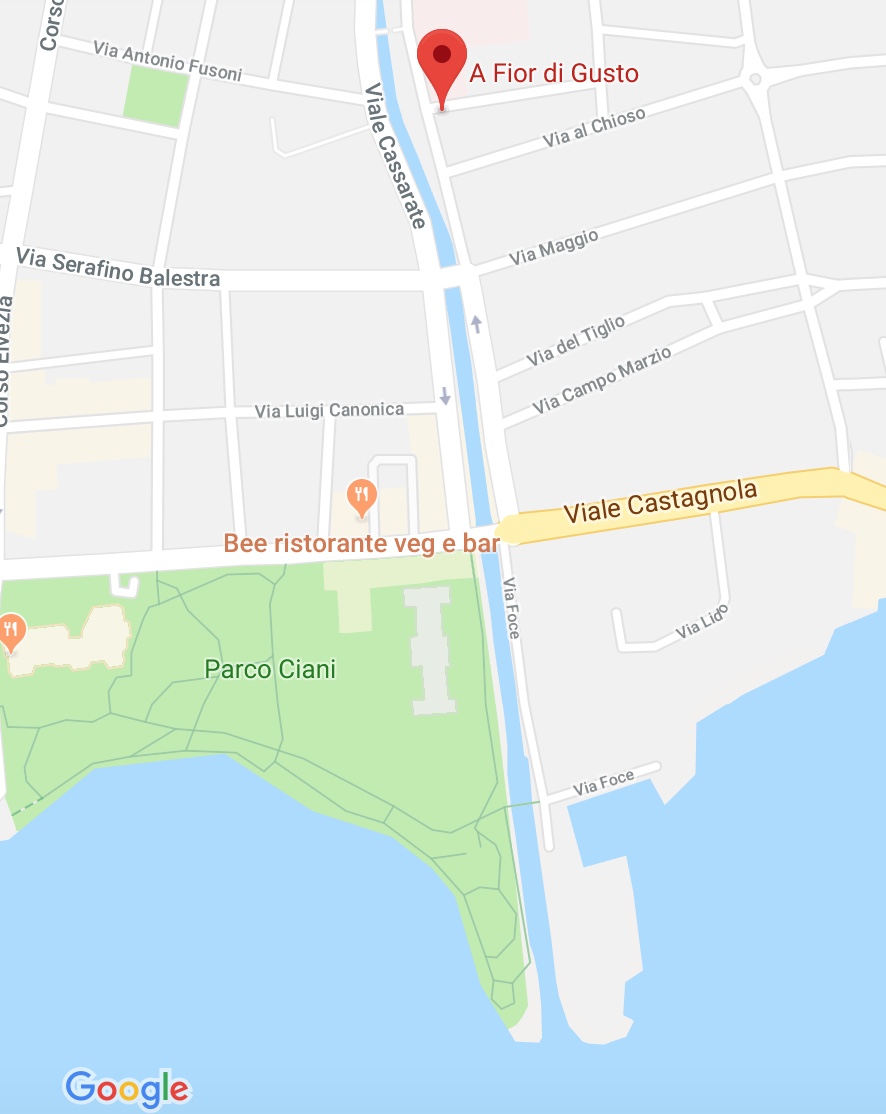I invite you to read all news from the Swiss Authorities on this substance used in agriculture.
On this link you will find all information in different languages (DE, FR, IT, partly EN)!
Bio, blog of the huffingtonpost on this link in Italian (IT).
I invite you to read all news from the Swiss Authorities on this substance used in agriculture.
On this link you will find all information in different languages (DE, FR, IT, partly EN)!
Bio, blog of the huffingtonpost on this link in Italian (IT).
RASFF – the Rapid Alert System for Food and Feed for Europe 🇪🇺
VLV – OSAV – USAV – Public alerts and product recalls in Switzerland 🇨🇭
With this Nutrition Strategy, the Swiss government aims to promote a varied and balanced nutrition.
Why? People who eat a healthy diet are less susceptible to non-contagious diseases and have a better chance of staying healthy.
On this link of you can discover more…
To learn how to cook new and tasty recipes, I was lucky to meet some kind and fantastic people. They run a restaurant in Lugano called “Afiordigusto” and have organized several valuable and interesting cooking courses.
These restaurant “Afiordigusto” takes into consideration those who had to change the diet for health reasons, like cancer, and shows you how to cook, directly in their kitchen, with their passion. I’m so proud to have been able to participate in these courses.
These courses really motivated me to learn new recipes and, when I was tired of cooking, I appreciated their cuisine. A huge thanks to all their efforts to organize these courses. I strongly recommend you to do the same thing as I did: to be guided by experienced people!

For more information, please read their website www.afiordigusto.ch
Beans are packed with good things for good health including slow-digesting carbs, fibre (including the sticky ones that lower cholesterol), vitamins and minerals. But what makes them really stand out from the plant food crowd is their protein – typically 7–10 grams per half cup cooked dried beans. “© GI News, University of Sydney”
Chia seeds “are one of the richest sources of the plant form of omega-3 called ALA. They are also big on fibre. In fact, at 37% they are an outstanding source of fibre, in particular of soluble fibre” says Foodwatch nutritionist Catherine Saxelby. They can also promote weight loss in overweight and obese people with type 2 diabetes reports GI Labs Dr Alexandra Jenkins in a new study. Check out the Good Carbs Food Fact File for chia (spoiler alert: they get five stars). “© GI News, University of Sydney”. Read more.
Whole grains, as opposed to refined grains, provide important sources of many essential minerals and vitamins, dietary fiber, and phytochemicals which together or alone may offer health benefits. “© GI News, University of Sydney”. Read more.
Seagan diet is described in this article from Huffington post
The western lifestyle, characterized by growing sedentariness and an increasingly high-calorie diet rich in industrially refined foods and foods of animal origin, and poor in vegetables, legumes and whole grains, contributes to most of the chronic diseases afflicting populations. Western diseases: cardiovascular diseases, diabetes, cancers, degenerative eye diseases (cataracts, glaucoma, retinopathies), steatosis and cirrhosis of the liver, senile dementias, and a number of risk conditions such as abdominal obesity, hypertension, dyslipidemia, osteoporosis, insulin resistance.
If you want to find a vegan restaurant near you, search on happycow (https://www.happycow.net)
Do not forget the vitamine B12, by eating fish!